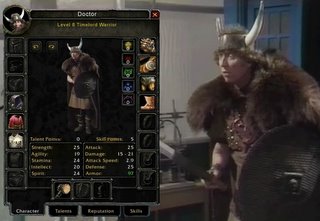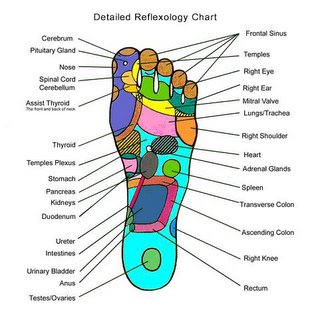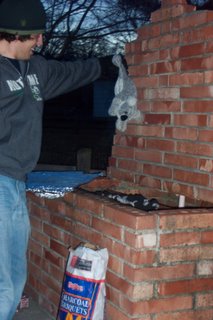'Apparently Moses was so enraged he forgot to tell the Hebrews about commandments eleven through twenty'(
via Weekly World News)
MOUNT SINAI, Egypt -- Most people are familiar with the story of the Ten Commandments -- even if they can't name (or don't practice) all of them. They are the laws of life's conduct given to Moses by God on the peaks of Mount Sinai. After etching them into two stone tablets, Moses descended from the mountain to tell the newly-freed Israelites what God had ordered.
The Biblical patriarch known as the Deliverer found his people worshiping golden idols -- already breaking Commandment number 2 about not celebrating graven images. Moses was so angry that he hurled the two tablets from the mountain. They shattered and, according to holy texts, were subsequently 'restored' and put into the ark of the covenant, later to be discovered by Indiana Jones.
We now know that this is not the entire story. "Yes, Moses did destroy the tablets in his righteous fury, but the pieces were not put into the Ark of the Covenant." said Professor Edward Thomas Lawrence, head of a recent expedition to Mount Sinai. "It turns out the word 'restored' does not mean 'put back together.' In this case, it meant, 'Given a new copy.'
We believe that someone -- probably Moses' brother Aaron -- used his sculpting skills to make a new set and copy them. But he only copied what he saw." After a painstaking and meticulous search, Professor Lawrence recovered all the pieces of the ancient stone tablets. They had actually been left where they landed. "Everyone just wanted to get on with their day," Professor Lawrence said.
Remarkable as it is that Professor Lawrence found the original Ten Commandments, what is more astonishing is what archaeologists discovered after reassembling the tablets. "There were actually ten more commandments carved on the back!" Lawrence told us. "Apparently Moses was so enraged he forgot to tell the Hebrews about commandments eleven through twenty."
Professor Lawrence brought in Dr. Ling Wul, an expert in ancient tongues. She translated the second set of commandments and gave the Weekly World News a sneak peek at what the rest of the world will soon be hearing about. "Unlike the first Ten Commandments, which outline an important set of moral laws, the next ten have more specific applications," Dr. Wul told us. "They are more accurately described as 'quality of life' commandments. Most are self-explanatory."
11 Thou shalt tolerate the faith of others as you would have them do unto you. ("This one seems to have been directed at those who objected to other Egyptian slaves who journeyed with the flock of Moses," Wul explained.)
12 In matters of business though shalt protect the rights of laborers, as Pharaoh shouldst have done. ("This is clearly a commandment to form workers' unions.")
13 Thou shalt not put thy animals before people, either in body or spirit. ("This refers to the animal-gods of Egypt, specifically cats, whose well-being was put before that of people -- much like today," Wul told us. "There were sheep traveling with the group and this commandment protected them."
14 Thou shalt not inhale burning leaves in a house of manna where it may affect the breathing of others.
15 Thou shalt renounce a portion of thy worldly goods to be collected by agents of the ruling body ("Tax evasion was a serious problem at the time," Wul said. "A government without a sound tax policy is one that tends to go to war and take slaves.")
16 Thou shalt not elect a fool to lead thee. If twice elected, thy punishment shall be death by stoning.
17 Thou shalt not cry "fire and brimstone" during a large public gathering.
18 Thou shalt not erect a temple of gaming in the desert, where all will become wanton.
19 Thy body is sacred and thou shalt not permanently alter thy face or bosom. If thy nose offends thee, leave it alone. "
The 20th commandment is too worn away to fully read," Wul said, "but after 'Thou shalt not' the words 'war' and 'oil' were legible. It's still a mystery."
Scholars agree that it is too early to say how this discovery will change our society. "Will people begin to follow these new commandments?" Professor Lawrence asked. "Or will they be looked at as outdated set of rules? Who can say. One thing I do know: they're going to make someone else very, very rich."
Word is that Mel Gibson has bought the rights to the tablets and is preparing to film The Ten Commandments II: the Back Side of Faith.





















